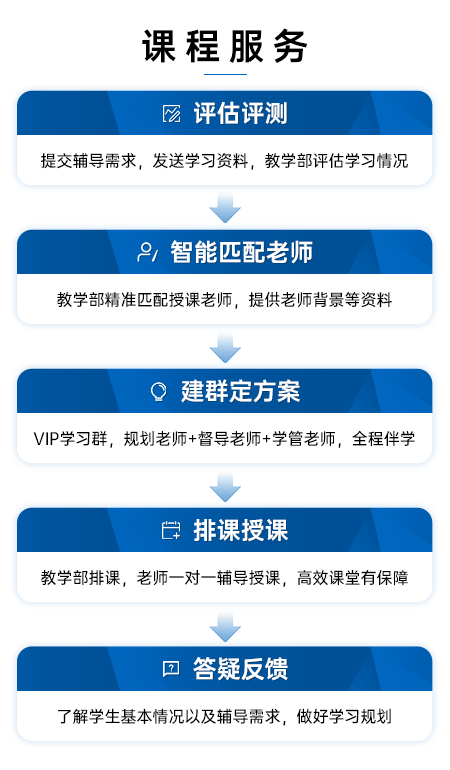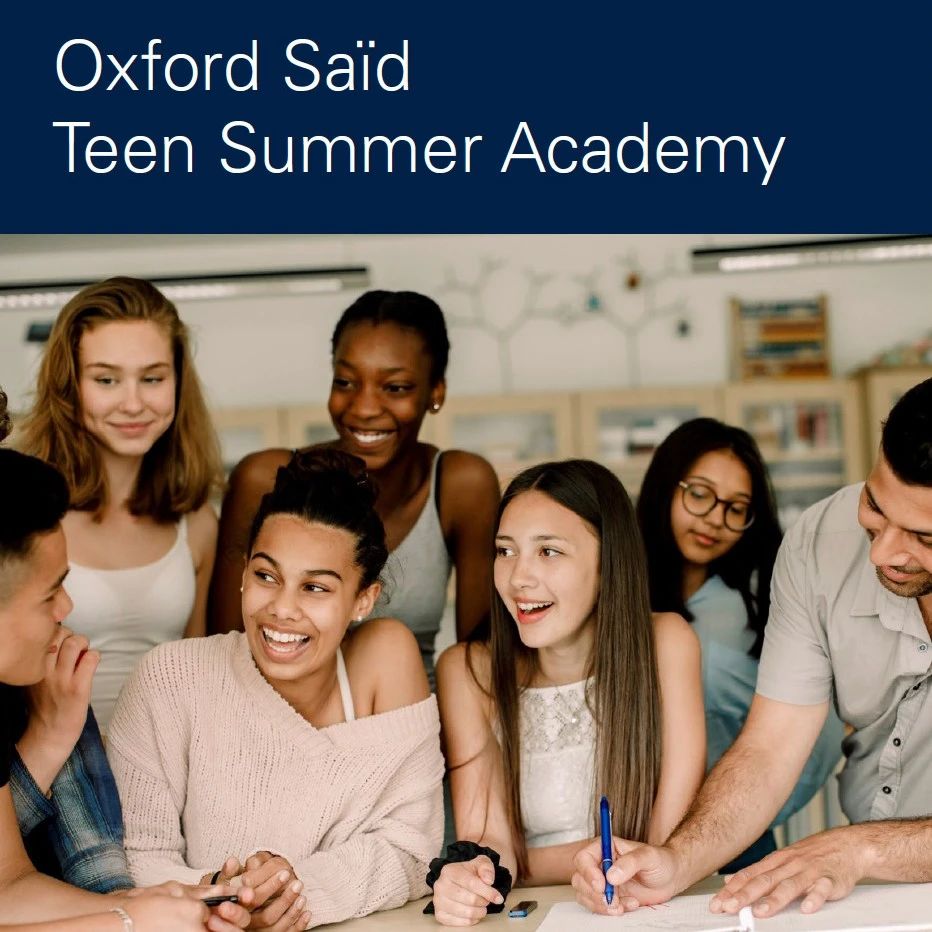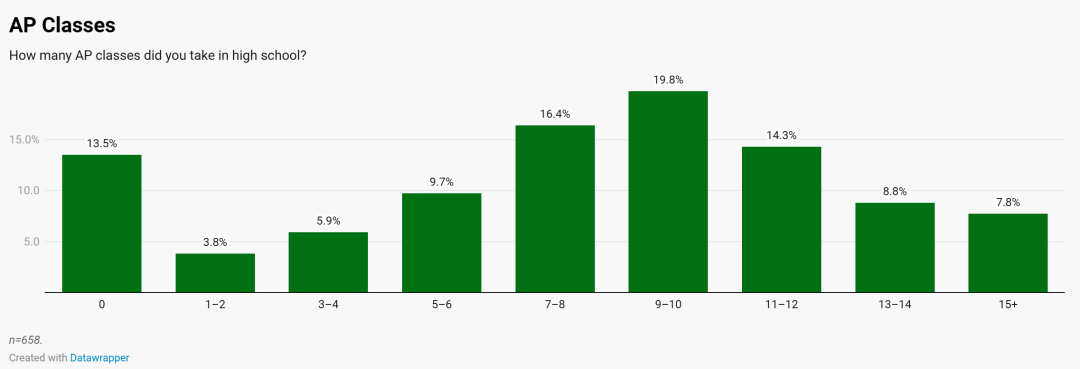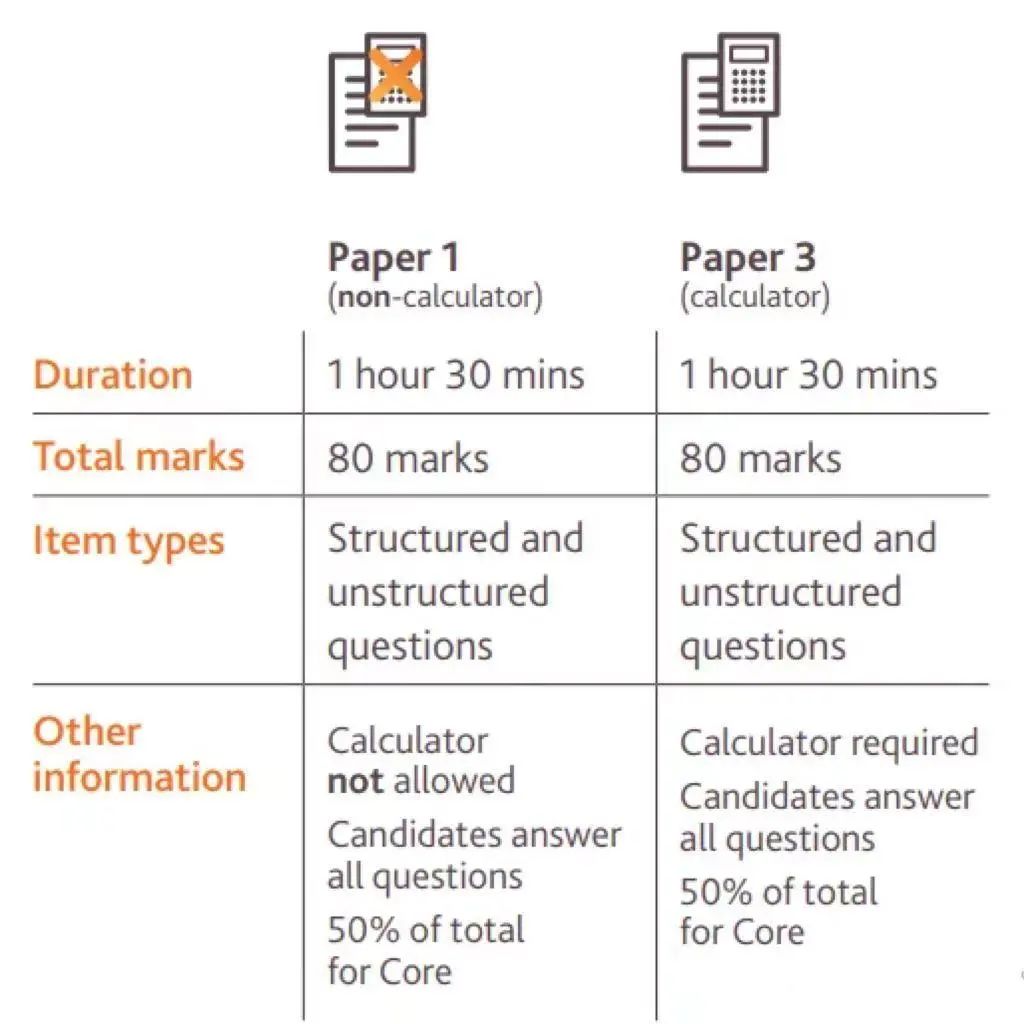剑桥大学作为英国顶尖名校,离我们有多远?
曾就读于北京德威中学的Chloe两年前就在机构的帮助下考入Westminster 16+, 就读A Level,而今年她收到了剑桥大学哲学系的录取offer!年纪小小的Chloe如何考入剑桥?又是如何爱上哲学?这篇文章为您详细讲解....
金灿灿的剑桥录取通知书,背后是多年的规划与努力...
两年前Chloe申请了英国16+的Westminster、Wycombe Abbey 和 CLC三所学校,并最终都收到了录取通知书。目前她就读于威斯敏斯特学校Westminster 13年级,学习A-Level的英语文学、经济、地理和哲学。
Chloe对于哲学的兴趣,源自于两年前进入威斯敏斯特的申请,每个学生在申请时必须申报4门A level科目,并接受各院系老师的测试和面试。 Chloe在确定了英语,经济和地理的三科选项之后,第四门犹豫不决。
起初,由于父母从事金融,她觉得数学是理所应当的选项;又由于钢琴弹得不错,她也考虑了音乐作为选择。但她明显感觉,对数学和音乐,没有感受到其他三门同样的热情。
机构的咨询师根据对她平时的了解,在仔细沟通后发现她拥有相当优秀的批判性思维能力,也看过她平时写过的一些文章,便建议她选择"冷门"科目哲学。这四门以人文为主的A Level科目可以将她的兴趣和优势发挥到极致,也相信她一定会爱上这门课。
同时咨询师认为,国内申请该专业的学生很少,这一选择将让Chloe在国际学生的竞争中更有优势。因此,出于学生自身的特色,和战略布局,学生和家长大胆地接受了选择哲学的建议。
果然在威斯敏斯特的面试中,Chloe对哲学这门课的选择,引起了老师的注意,也被老师问到了“为何作为中国学生对哲学感兴趣”这个她早有准备的问题。
决定哲学方向后,Chloe开始在机构接受正式的哲学课的学习,从此开始了她自己所说的"我与哲学的爱情故事"。
回想起在机构上课的日子,Chloe说:“在决定去威斯敏斯特入学考试的之前的两个月内,我开始与一位优秀的哲学教授进行一对一授课辅导。尽管老师的日程很忙,他始终致力于帮助我建立哲学课程的框架和基础。
让我感到很惊讶的是,老师每节课后为我准备的课后总结笔记居然有2000字!
除了教给我认识论和伦理学的基础知识,这位哲学教授还启发了我对于学术研究和哲学学科的激情,他不仅仅是中东哲学的专家,还涉及其他哲学子领域。
除了学术上的帮助外,教授还倾囊而出给予我很多辩证对话和面试的技巧,这些都在后来剑桥的面试中用到,真的非常感谢!”从认识、了解到热爱:从此全身心投入哲学研究成功完成威斯敏斯特入学考试后,Chloe想更深入了解哲学领域。
还在北京的时候,为了帮助自己寻找哲学中更加小众的领域,她报名参加了约翰·洛克(John Locke)论文比赛,她撰写了一篇关于新无神论的兴起以及它们给基督教信仰观念带来的认识论挑战的文章。
机构的哲学教授,以及另一位神学教授对她进行了指导,介绍了很多重要的神学概念,深化了Chloe对论文主题、探讨方向的见解。

【约翰·洛克(John Locke)论文比赛】
约翰·洛克是一位英国哲学家和医生,被广泛认为是最有影响力的启蒙思想家之一,通常被称为“自由主义之父”。洛克被认为是英国最早的经验主义者之一,他的工作极大地影响了认识论和政治哲学的发展。
约翰·洛克研究所鼓励年轻人培养将优秀学生变成伟大作家的品质:独立思考、知识深度、推理清晰、批判性分析和有说服力的风格。
旗下的论文比赛每年会邀请学生在学校课程范围之外探索各种具有挑战性和有趣的问题。
所有的论文奖均由来自牛津大学和普林斯顿大学等顶尖大学的资深学者组成的评审团进行评审,评审团主席为剑桥大学前哲学家杰米·怀特博士。

(图为2023年约翰·洛克论文比赛哲学组选题)
评委将从七个学科类别(哲学、政治、经济学、历史、心理学、神学和法律)中选出他们最喜欢的论文,然后选出各学科最佳参赛作品的大奖获得者。此外,还有一个单独的奖项颁发给 15 岁以下青少年类别的最佳论文。
最后Chloe获得了三等奖,对于她来说是一个里程碑式的成就。也更增加了她学习哲学的自信和热情。 在短短的一年的学习中,Chloe从“对哲学一无所知”,到“逐渐形成细致入微的理解”,形成了自己的价值观和判断力。
进入威斯敏斯特,更是学习哲学的殿堂
回想起在威斯敏斯特的时光,Chloe认为这里进一步为自己提供了参与哲学的平台。 “尽管比起经济学、数学等国家奥赛很多的学科,哲学学习相对参与课外活动的机会较少,但威斯敏斯特学校与皇家哲学研究所建立了独特的联系,因此学生们可以聆听来自 KCL 和剑桥大学教授的讲座,这有助于我们了解活跃的哲学世界,这种面对面交流学习甚至超越了亚里士多德和康德的教科书。” 此外,Chloe还申请并在2023年年轻哲学家大会(2023 Young Philosopher’s Conference)上发表了一篇论文。
最近,Chloe对女性主义哲学和人工智能之间的交叉点产生了兴趣。在学校哲学系主任的鼓励下,她写了一篇关于有偏见的人工智能的性别伦理影响的4000字论文,该论文被送到哲学系发表。
此外,Chloe与AI协会主席共同发表了一场关于人工智能伦理的演讲,并邀请了一位嘉宾一起探讨了人工智能对英国宗教的影响。谈及高中生活,Chloe满是对威斯敏斯特和机构的感谢,多年的厚积薄发,最终让Chloe收获了今天的一切。 我是在北京长大的国际学生。
回顾过去我对英国大学申请的准备工作很大程度上始于十年级,当时我开始为16+做准备。虽然不能说英国顶尖的公立学校极大地提高了进入牛津剑桥的机会,但它确实使你接触到不同的观点,并帮助你熟悉英国教育体系的运作方式。
最终选择了Westminster主要是因为其与众不同的价值观,特别是在社会讲座和课堂讨论方面,以及其令人难以置信的地理位置和交通便利。
这就是我的哲学之旅。机构的导师和辅导员为我提供了独特的观点和见解,甚至帮助我认识自己都不知道拥有的某些技能。
我觉得从机构哲学老师那里学到的核心分析技能很重要,同时教授自己对哲学的整体热情,以及我的咨询师对更大格局的战略关注,真正帮助我完成了转变,实现了梦想。
Hi everyone. I’m Chloe.I’m a Y13 student currently studying at Westminster School. My A levels are English, Econ, Geography and Philosophy. A month ago, I received a conditional offer from Cambridge to study philosophy, which I’m really excited about. I thought I’d share some insights into my own application process that will hopefully be useful. Coincidentally, the process of entering Westminster during 16+ was the beginning of my love story with philosophy. While applying to the school, students have to declare 4 A level subjects, which they are tested on and interviewed by teachers from respective departments. While choosing my A level subjects, I was certain about English, Economics and Geography but struggled to find a fourth subject that I could connect with and love as much. While I was leaning towards maths and music because I did quite well at both atGCSElevel, my counsellor from 机构 said that after getting to know me, she thought I would really enjoy philosophy because I engage with critical thinking. Initially I was unsure as I had grown up in Beijing which is largely secular, so I had never systematically studied religious studies unlike some other students who apply from the UK. But she actually replied saying that because so few people apply fromChina, it would grant me a competitive edge over other international students as opposed to maths and music. Interestingly, during my Westminster general interview I was actually asked why as a student coming from China I had an interest in philosophy. Having decided on philosophy 2 months prior to the Westminster entrance exams, I began tutoring sessions once a week with an absolutely amazing philosophy professor at 机构. Despite his busy schedule, he was really committed to helping me build my philosophical foundation. I remember being shocked to find that his homework questions and consolidation notes after each lesson were about 2000 words long. Aside from teaching me the basics of epistemology and ethics, I was inspired by his passion for the subject and academia in general as a specialist in middle eastern philosophy, amongst other philosophical sub-areas. The sessions were not purely academic - he further introduced me to dialectic conversation and taught me interview tips that I later used for my Cambridge interviews. Around the time I finished the Westminster entrance exams, I wanted to dive deeper into the niches of the subject. Entering the John Locke essay competition, I wrote a piece about the rise of New Atheism and the epistemological challenges they brought to Christian notions of faith. After liaising with my tutor, I also spoke with another theology professor who introduced me to important theological concepts that deepened my understanding of the essay question. Ultimately, I won 3rd prize - to me it was a big achievement because through a year of tutoring, I went from being quite clueless to having a more nuanced understanding of philosophy and I could even develop my own lines judgment. Westminster further provided me a platform for me to engage with philosophy. While I believe opportunities to engage with philosophy outside of the classroom are relatively rare compared to other subject like economics and maths that has national olympiads, Westminster uniquely had connections to the Royal Institute of Philosophy, so prospective students could attend lectures made by professors from KCL and Cambridge, helping us understand the vibrant world of philosophy that is active and goes beyond the textbook cannon of Aristotle and Kant. Moreover, I applied for and defended a paper at the 2023 Young Philosopher’s Conference. Recently, I became interested in the intersection between feminist philosophy and AI - encouraged by the head of my school’s philosophy department, I wrote a 4000 word paper on the gendered ethical implications of biased AI, which was sent around my school’s philosophy department. In addition, I gave a joint talk with the President of AI society on AI ethics, and afterwards we invited a guest speaker to talk about the impact of AI on religion in the UK. I’m an international student who grew up in Beijing. Looking back, a lot of the preparation for my UK uni apps began in Y10, when I began preparing for 16+. While I wouldn’t say that top UK public schools greatly improve your chance of getting into Oxbridge, it definitely exposes you to different perspectives and help you familiarise with the workings of the UK educational system. I ended up applying to 3 UK boarding schools: Westminster, Wycombe Abbey and CLC and was accepted into all 3. I went to Westminster in the end largely because of its liberal values, especially when it comes to society talks and classroom discussions, as well as its incredible location and access. So that’s my philosophy journey. From my experience, the tutors and counsellors from 机构 are not bogged down by discussions of skill - rather, they provide unique perspectives and insights, helping me recognise certain skills I didn’t even know I possessed. I feel like while the core analytical skills I learned from my tutor were important, his overall passion for philosophy, as well as my counsellor’s strategic focus on the bigger picture, was what truly helped me complete the circle from an agnostic student in Beijing to someone who now studies and loves philosophy.













